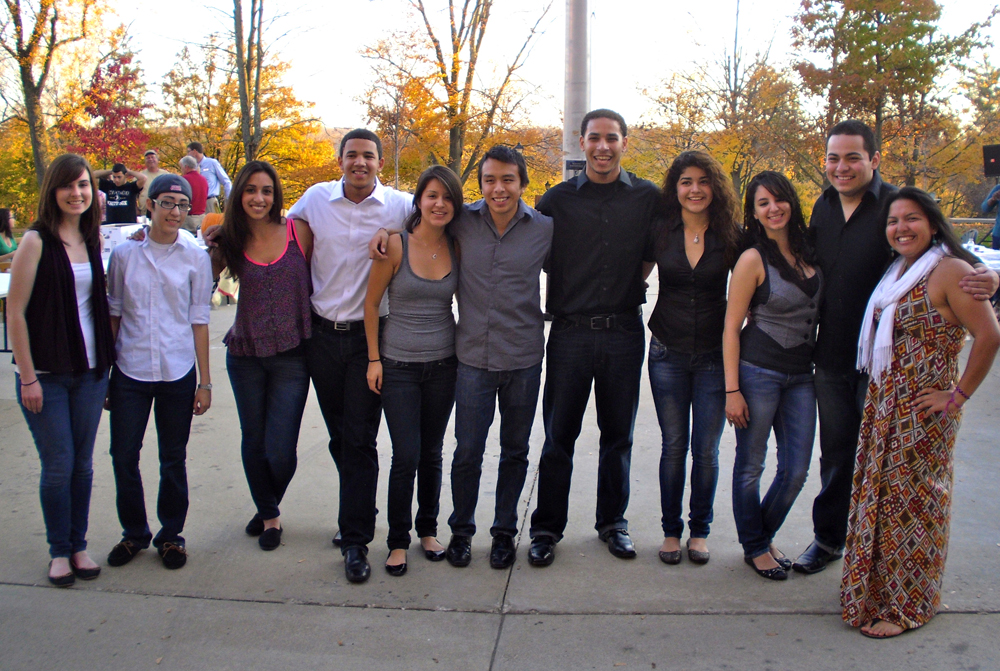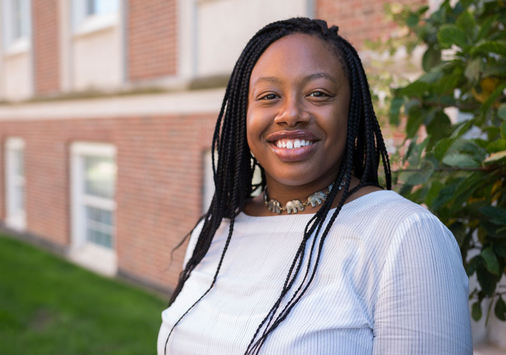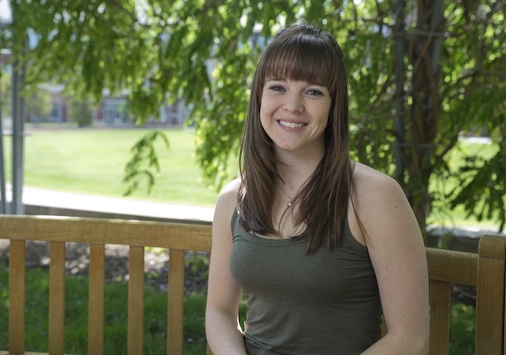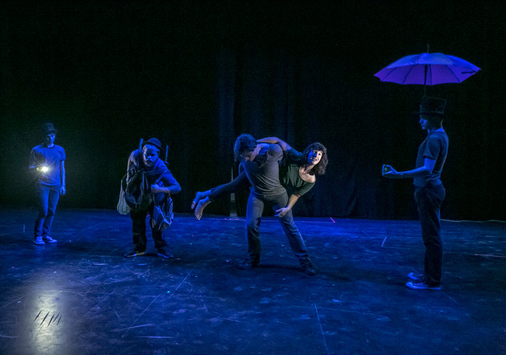About
Departmental Guidelines
Spanish Program Vision
Our students become co-learners with each other and us, and competent in intercultural communication and the study of cultural discourses. They engage with a wide range of texts and develop analytic and evaluative skills to be active participants in an evolving world. They connect with the world in multiple significant ways: study abroad, student conferences, guest speakers, extracurricular activities, and community outreach. Our program is a rigorous, intellectually stimulating and fulfilling endeavor, responding to an ever-changing world. It integrates culture, language, and literature through, and across, multiple perspectives and methodologies. It also forges ties with many other departments throughout the university so that our discipline can facilitate research and the acquisition of knowledge across the curriculum.
Goals for the Major
In our courses students acquire functional language abilities and develop knowledge of the cultures and literature of Spanish-speaking peoples. Through historical breadth and depth of inquiry, students analyze issues pertaining to different Hispanophone regions and examine them through a variety of disciplinary approaches. Students develop critical language awareness, interpretative and translation skills, historical and political awareness, social sensibility, and aesthetic perception.
At the linguistic level the Spanish program subscribes to the Standards for Foreign Language Learning in the 21st Century articulated by the American Council on the Teaching of Foreign Languages. They include five areas of development in second language education.
Communication
- Interpersonal: Students engage in conversations, provide and obtain information, express feelings and emotions, and exchange opinions.
- Interpretive: Students understand and interpret written and spoken language on a variety of topics from diverse media.
- Presentational: Students present information, concepts, and ideas to an audience of listeners or readers on a variety of topics.
Cultures
- Practices and Perspectives: Students demonstrate an understanding of the relationship between the practices and perspectives of the culture studied.
- Products and Perspectives: Students demonstrate an understanding of the relationship between the products and perspectives of the culture studied.
Connections
- Students reinforce and further their knowledge of other disciplines through the language.
- Students acquire information and recognize the distinctive viewpoints that are only available through the language and its cultures.
Comparisons
- Students demonstrate understanding of the nature of language through comparisons of the language studied and their own.
- Students demonstrate understanding of the concept of culture through comparisons of the cultures studied and their own, including the relationship between accepted practices, products and perspectives.
Communities
- Students use the language both within and beyond the school setting.
- Students show evidence of becoming life-long learners by using the language for personal enjoyment and enrichment.
La Fuerza Latina
La Fuerza members endeavor to make the presence of Latino/a students known at Denison University, to promote Latino/a awareness of campus issues within the Denison community, and most importantly, we wish to create a comfortable environment for Latino/a students within Denison University.












